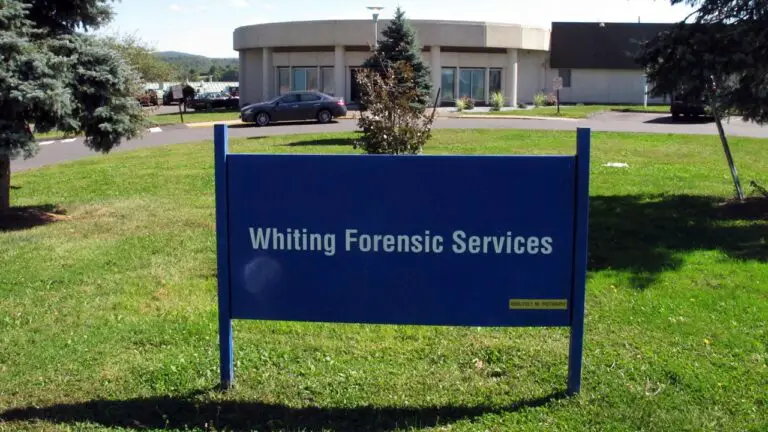Connecticut Supreme Court Orders Release of Hospital Police Reports
In a move to uphold government transparency and the public’s right to information, the Connecticut Supreme Court has ruled that police reports concerning incidents and deaths in public hospitals must not be kept confidential. This decision comes after a legal battle regarding the release of a police report detailing the death of a patient at Connecticut’s only maximum-security psychiatric hospital for the criminally insane in 2016.
State officials had contended that the report fell under the umbrella of patient-psychiatrist privilege and was protected by the federal medical privacy law, HIPAA. However, a majority of the justices rejected this argument. They acknowledged the potential risks of disclosing a patient’s medical information but also recognized that concealing such information under the guise of secrecy could hide instances of governmental abuse, corruption, and neglect.
The court’s ruling, supported by four justices, ordered the release of the report while redacting some patient information. Chief Justice Richard Robinson partially dissented, agreeing with the release but advocating for further confidential information. Two justices opposed the report’s release entirely.
Colleen Murphy, executive director and general counsel of the state Freedom of Information Commission, highlighted that this decision ensures thorough investigations into untimely deaths under the custody of public institutions. The ruling brings these incidents into public view, preventing their concealment.
The legal battle originated from a request made under state public records law by Hartford Courant reporter Josh Kovner in 2017. The report in question pertained to the death of a patient at the Whiting Forensic Hospital in Middletown in December 2016. This facility is managed by the Department of Mental Health and Addiction Services (DMHAS) and treats individuals acquitted of crimes by reason of insanity.
Following the patient’s demise, the Whiting Forensic Hospital faced a scandal involving staff abuse of another patient, which resulted in multiple arrests and significant reforms. The patient’s cause of death had initially been attributed to a medical event, and the police report was withheld. However, the Courant’s appeal to the Freedom of Information Commission led to a determination that the report should be disclosed without redactions.
After a series of appeals and court proceedings, the Supreme Court’s decision now paves the way for the release of the report while ensuring certain patient details are kept confidential. The ruling is seen as a significant victory for government transparency and public accountability.
Note: This revised article maintains the key information from the original piece while simplifying the language and breaking down the content into shorter, easily digestible paragraphs.

